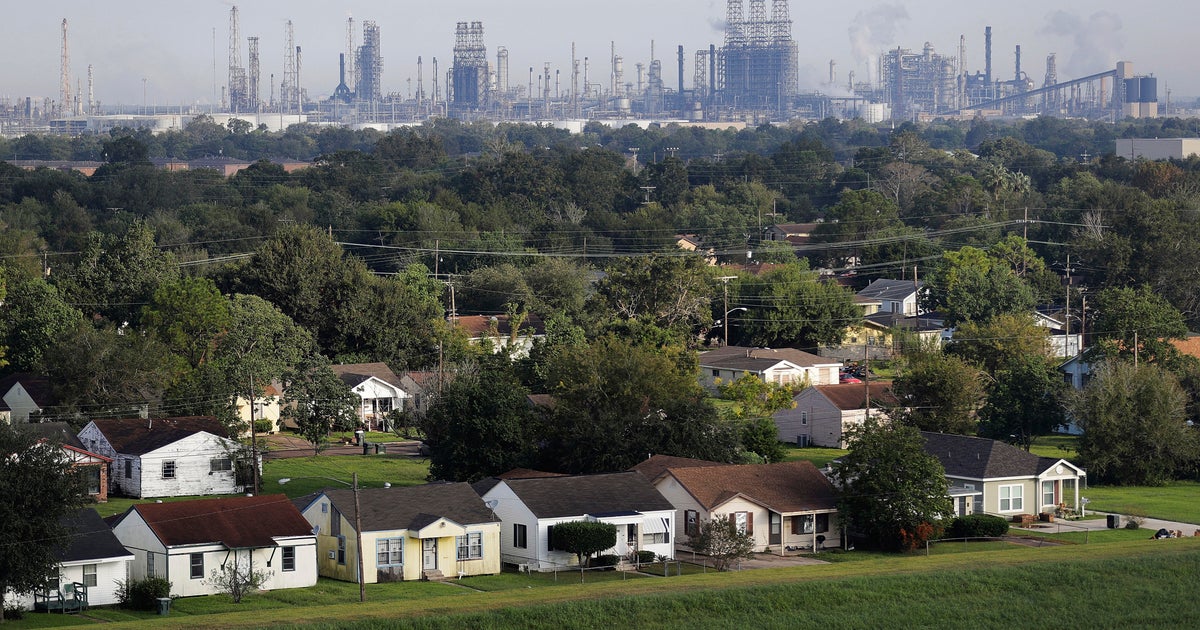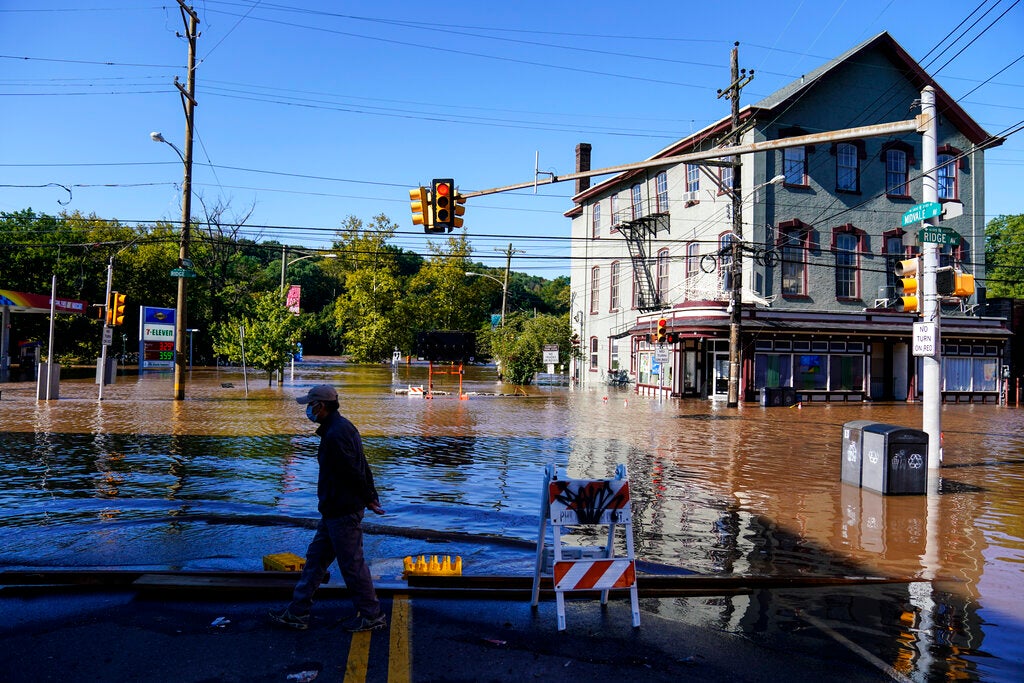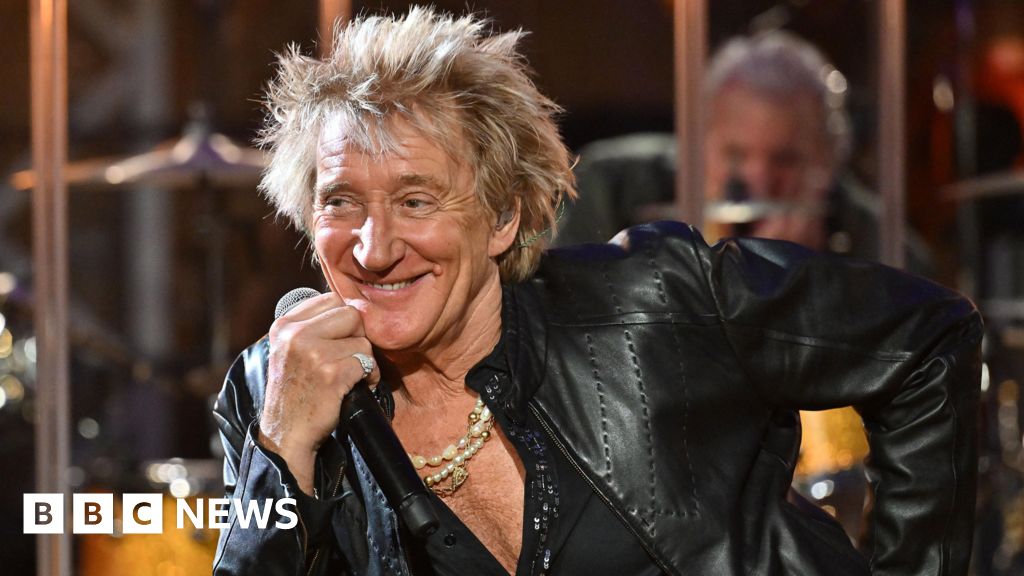
Simon Stiell, Secretary of UN Climate Change (UNFCCC), speaks during an event with the newly announced COP30 President Ambassador Andre Correa do Lago, in Brasilia, Brazil February 6, 2025. REUTERS/Andressa Anholete/File Photo Purchase Licensing Rights, opens new tab
BONN, June 26 (Reuters) - Countries agreed on Thursday to increase the U.N. climate body's budget by 10% for the next two years, a move the body welcomed as a commitment by governments to work together to address on climate change, with China's contribution rising.
The deal, agreed by nearly 200 countries - from Japan to Saudi Arabia, to small island nations like Fiji - at U.N. climate negotiations in Bonn, comes despite major funding cuts at other U.N. agencies, triggered in part by the U.S. slashing its contributions, and political pushback on ambitious climate policies in European countries.
Sign up here.
Countries agreed to a core budget of 81.5 million euros for the United Nations Framework Convention on Climate Change (UNFCCC) over 2026-2027, up 10% from 2024-2025. The core budget is funded by government contributions.
The deal includes an increase in China's contribution, reflecting the country's economic growth. China, the world's second-biggest economy, would cover 20% of the new budget, up from 15% previously.
Only the United States, the world's biggest economy, was allocated a bigger share, of 22%. However, President Donald Trump quit the U.N. Paris climate agreement and halted international climate funding. Bloomberg Philanthropies has pledged to cover the U.S. contribution to the UNFCCC budget.
The U.S. did not attend the U.N. climate talks this week in Bonn, Germany where the budget was approved.
UN climate chief Simon Stiell welcomed the increase as "a clear signal that governments continue to see U.N.-convened climate cooperation as essential, even in difficult times."
The UNFCCC runs annual climate negotiations among countries and helps implement deals that are made - including the 2015 Paris Agreement, which commits nearly all nations to limit global warming.
The body has faced a severe budget shortfall in recent years, as major donors including China and the U.S. had not paid on time, prompting the body to cut costs including by cancelling some events.
The UNFCC's running costs and headcount - its core budget funded 181 staff in 2025 - are smaller than some other U.N. bodies facing sharp funding cuts, such as the U.N. trade and development agency's roughly 400 staff.
Meanwhile, the U.N. Secretariat, the global body's executive arm, is preparing to slash its $3.7 billion budget by 20%, according to an internal memo.
Reporting by Kate Abnett; Editing by Toby Chopra
Our Standards: The Thomson Reuters Trust Principles., opens new tab
Kate Abnett covers EU climate and energy policy in Brussels, reporting on Europe’s green transition and how climate change is affecting people and ecosystems across the EU. Other areas of coverage include international climate diplomacy. Before joining Reuters, Kate covered emissions and energy markets for Argus Media in London. She is part of the teams whose reporting on Europe’s energy crisis won two Reuters journalist of the year awards in 2022.




.jpeg)



 English (US) ·
English (US) ·